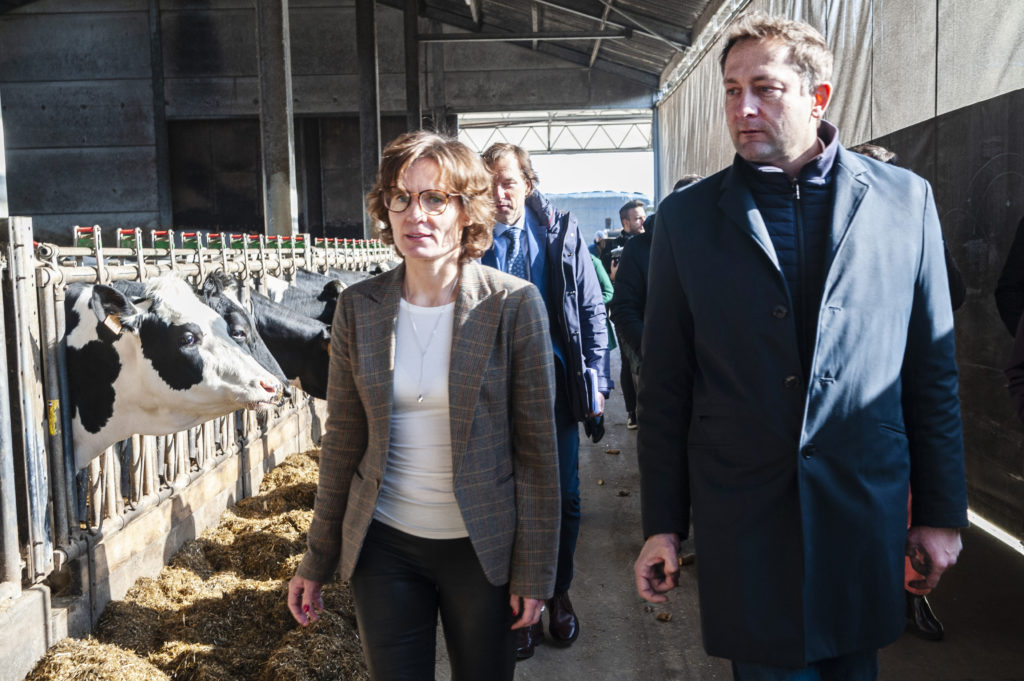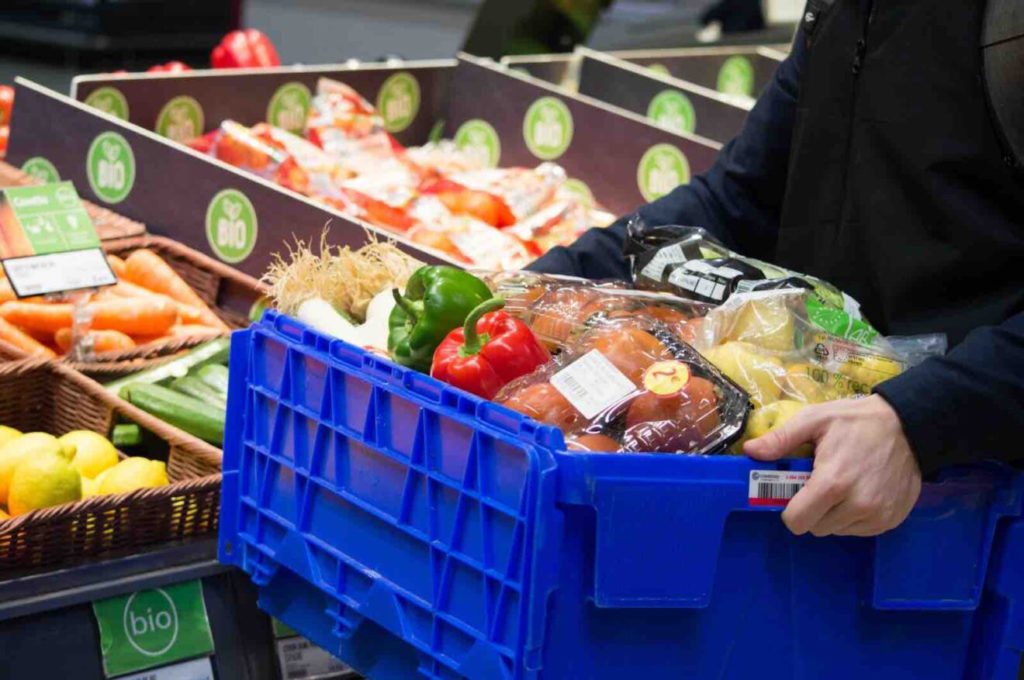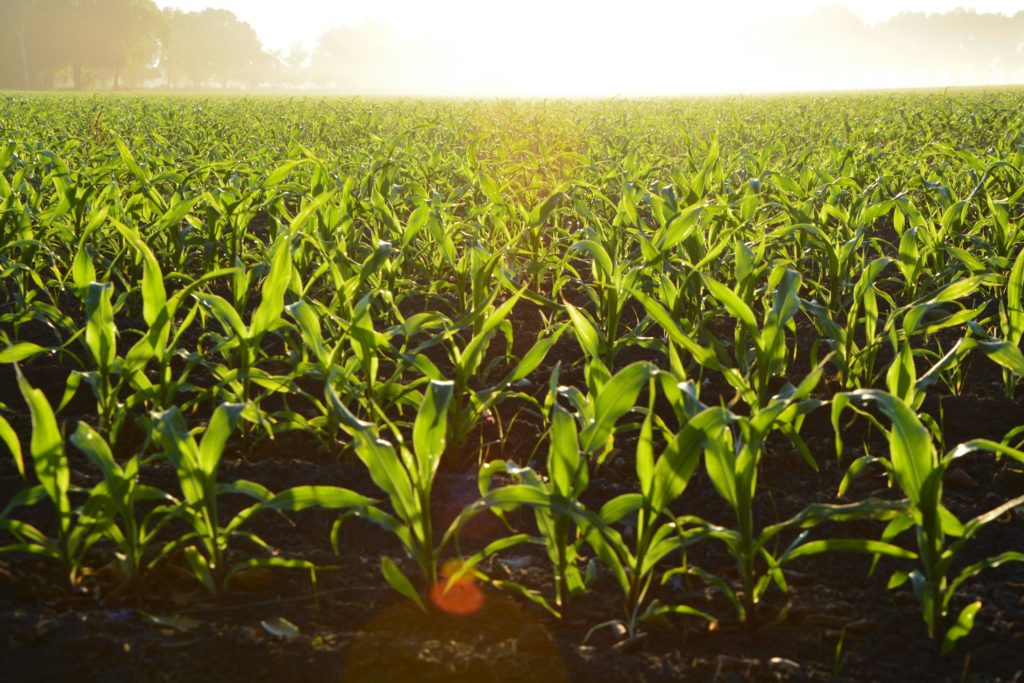Protecting pollinators in the EU
16 May 2024
Pesticides are chemicals used to protect plants from harmful organisms and diseases. While they help boost yields, enhance the look, and sometimes the flavour of agricultural products, they also represent a major issue for the environment and biodiversity. The European Environment Agency (EEA) has highlighted that the extensive application of pesticides is a significant pollutant, contaminating our water, soil, and air. It contributes to the decline of biodiversity and the development of pest resistance.
In the European Union, a significant decline is observed in one out of every three species of bees, butterflies, and hoverflies. Concurrently, 80% of both cultivated and wild flowering plants rely on these animals for pollination. The endangerment of pollinators poses a serious risk to food supply and the sustainability of the ecosystem.
Recent findings from the University of Oxford indicate that bumblebees are unable to detect the presence of pesticides in nectar, even when the levels are fatally high, which places them in grave danger of pesticide poisoning and poses a threat to crop pollination.
The European Union has taken measures to preserve biodiversity and pollinators from pesticides. The European Commission has set new regulations to reduce the Maximum Residue Levels of clothianidin and thiamethoxam in food. The EFSA has identified these chemicals as a significant threat to bees, leading to their outdoor ban in 2018. The updated rules will further lower the permissible levels to the minimum detectable by current technology, affecting both EU-produced and imported goods.
Moreover, the European Commission welcomed the “Save bees and farmers! Towards a bee-friendly agriculture for a healthy environment” initiative in April 2023, which urges the phasing out of synthetic pesticides by 2035, promoting agricultural biodiversity, and aiding farmers in adopting sustainable practices.
The European Union is also progressing with the Nature Restoration Law, aiming to restore ecosystems across its territories by 2030, with a long-term goal of full inclusion by 2050. Protecting pollinators, fostering biodiversity in forests, growing urban green spaces, and rehabilitating marine habitats—which are essential for climate resilience—are some of the main goals. Yet, while the European Parliament approved the law, a minority opposition in the Council is blocking it. SAFE, along with national governments, NGOs and scientists denounce the rollback of European green measures and urge member states and the Council to fully implement the law.
SAFE’s advocacy efforts and projects helped influence the revision and implementation of regulations to decrease the use of pesticides and develop more sustainable agricultural practices across the European Union.
Since 2021, SAFE has played an active role in the RegAgri4Europe Project, which is dedicated to promoting regenerative agriculture on a global scale. Regenerative Agriculture is defined by a set of principles and methods that seek to foster increased biodiversity, restore soil health, promote carbon capture, and guarantee the production of nutritious food. The project has introduced an online course aimed at apprentices, farmers, and others with an agricultural background, focusing on regenerative agriculture practices.
In October 2023, SAFE and over 75 organizations urged the EU for stronger pesticide regulations, proposing a 50% reduction in pesticide use by 2030, better pest management, stricter monitoring, bans in sensitive areas, and support for farmers to minimize pesticide dependence, all aimed at protecting health and the environment.
A lot still need to be done but advocating for stricter regulations, promoting regenerative agriculture, and raising awareness of the potential dangers of chemical residues have proven that paving the way for a healthier, more sustainable future is possible.
EU Agriculture Ministers back European Commission’s vision on agrifood
Commissioners Jessika Roswall and Christophe Hansen visiting a farm This week, European ministers of agriculture…
Study finds sugary soft drinks linked to rising oral cancer rates in women
FoodIngredients presented a study from the University of Washington that examined the link between sugary…
Spain passes comprehensive food waste law
On Thursday, Spanish Parliament passed a comprehensive food waste reduction law which will require supermarkets…
Study finds ‘Western diet’ during pregnancy linked to ADHD in children
A new peer reviewed study from The Danish Children’s Asthma Center at Herlev and Gentofte…
Microplastics threaten crop photosynthesis and global food security, study reveals
As reported by Packaging Insights, research has found that microplastics can damage plants by blocking…
SAFE releases a report on food donation in the EU, highlighting barriers and opportunities
According to the 2024 Eurostat data, in the European Union (EU) over 59 million tons…









